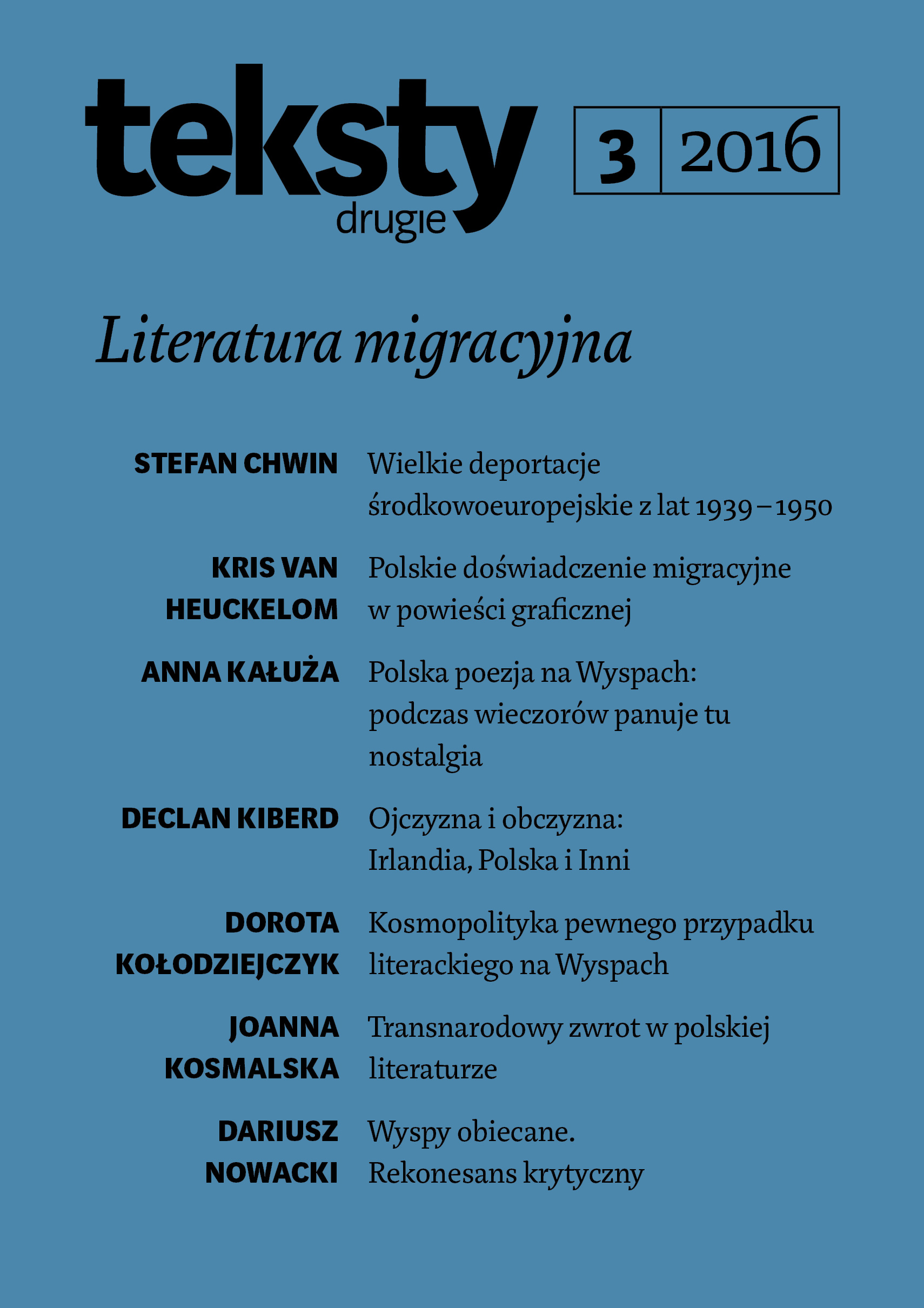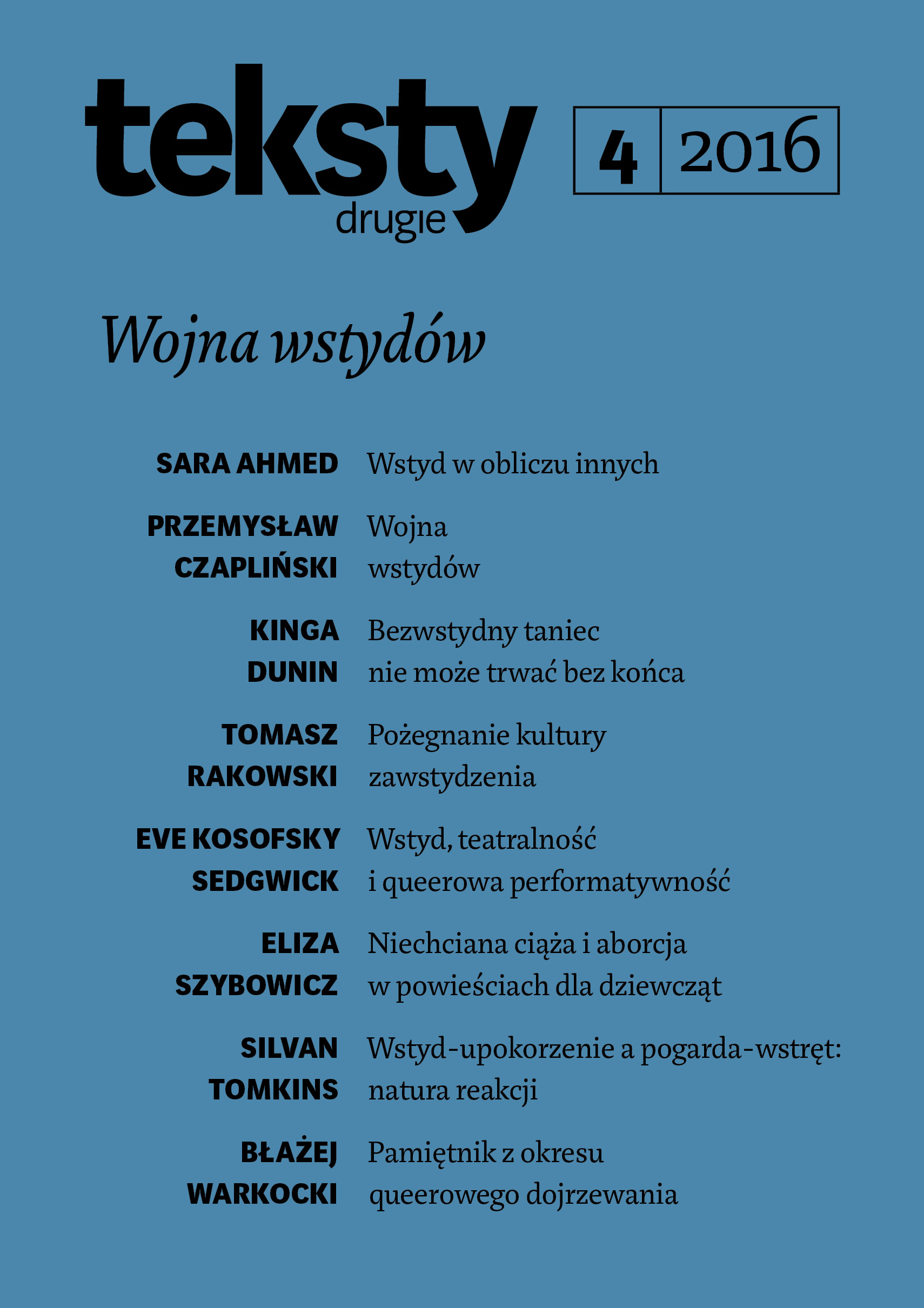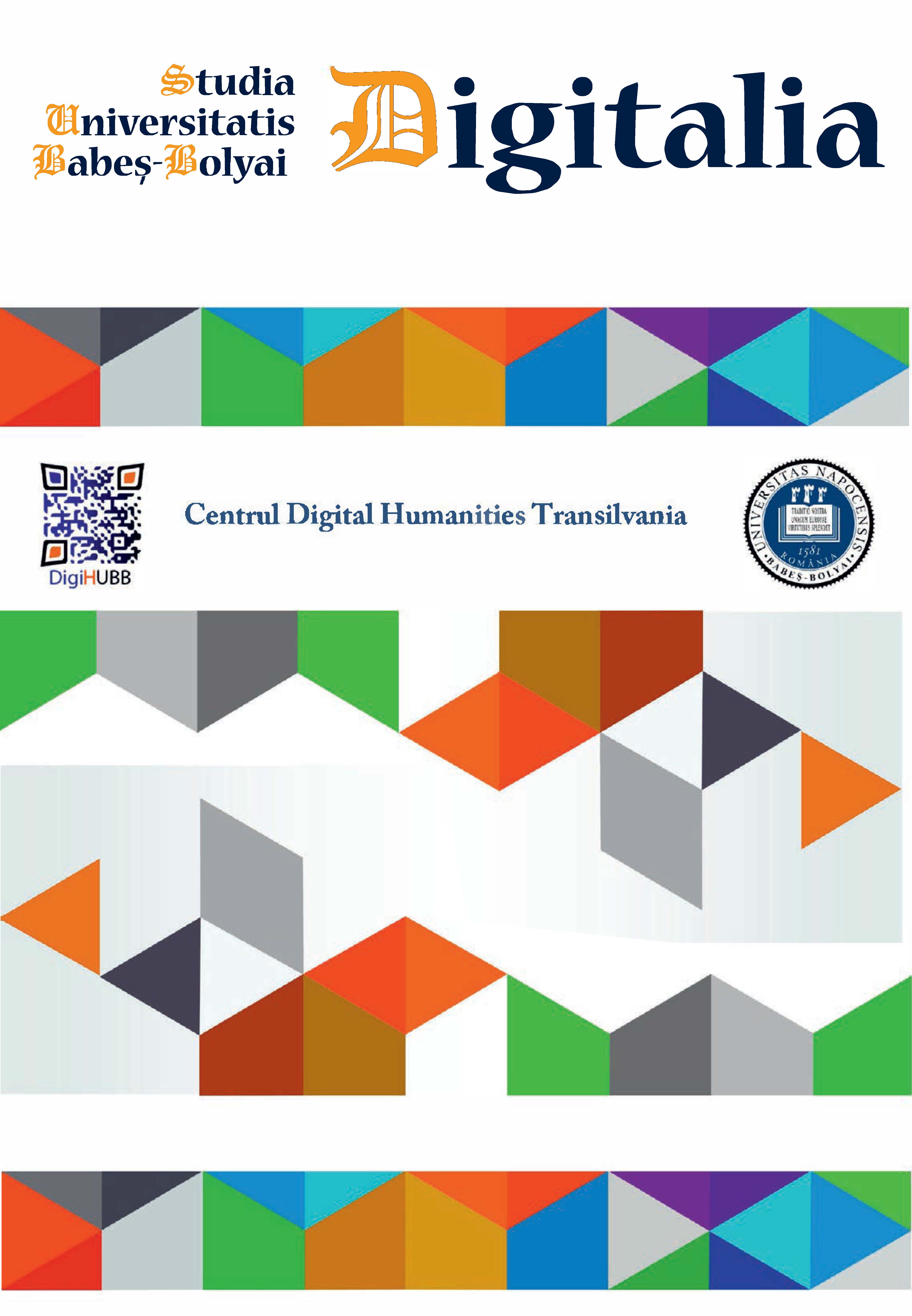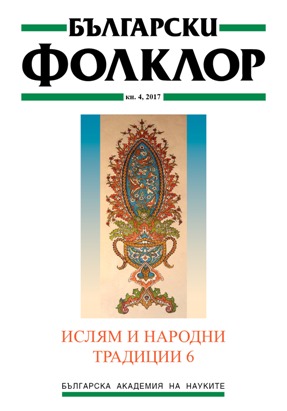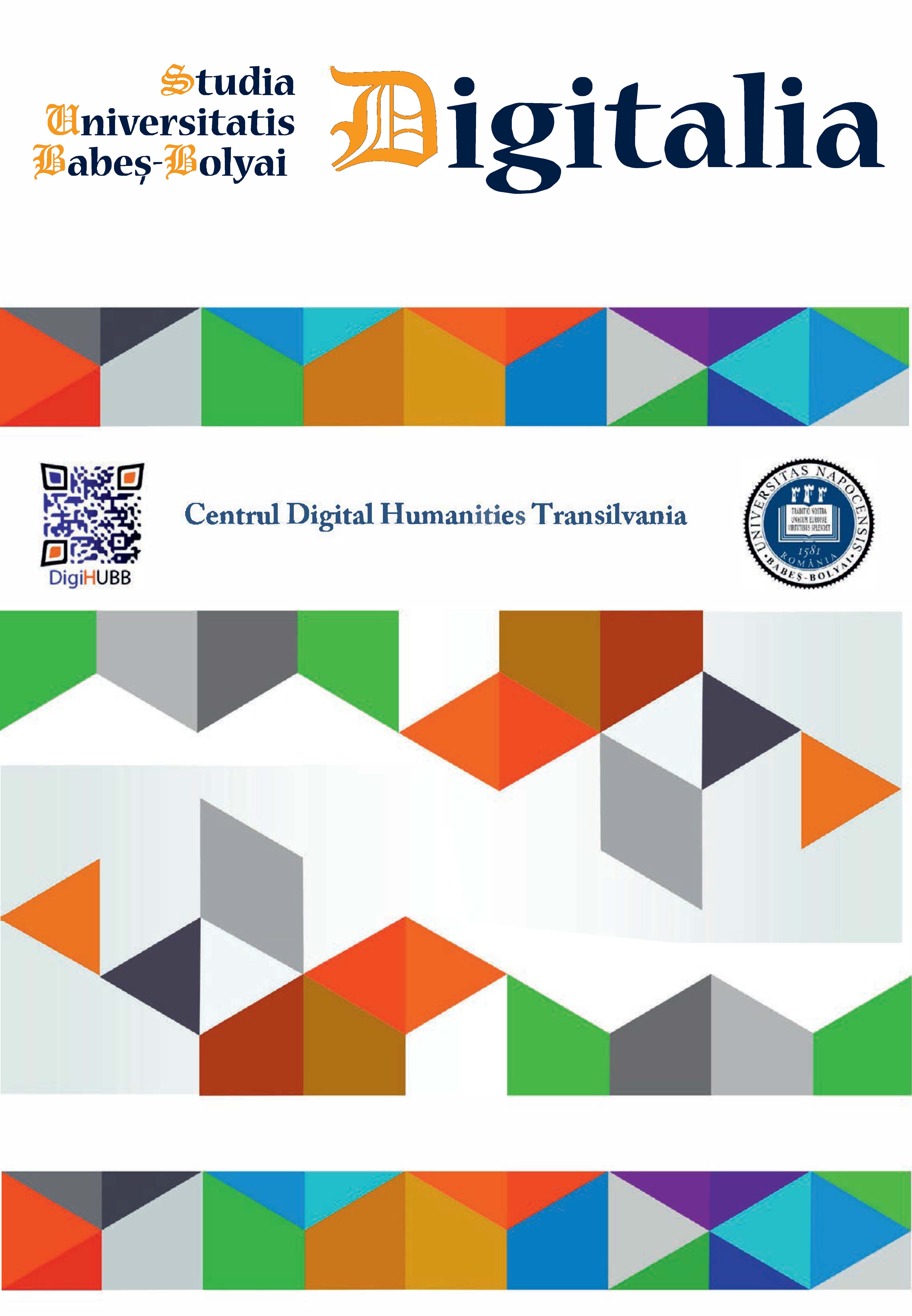Author(s): Valentin Trifescu / Language(s): Romanian
Issue: 1/2017
nțeles în sens larg, fără pretenția unor redefiniri sau reinterpretări teoretice, postmodernismul a avut în spațiul cultural românesc manifestări vizibile mai ales în domeniul literar, muzical ori al artelor vizuale. În ceea ce privește cercetarea științifică din domeniul umanioarelor, puțini au fost cei care au avut vocația sau curajul de a fi contemporani-cu-epoca-lor în stil dar și în conținut. Cu alte cuvinte, cercetarea științifică românească a rămas cantonată în vechile tipare metodologice, tematice și stilistice, păstrând „toți nasturii închiși la cămașă” și constrângerea unei cravate deja demult demodate, purtate pe post de marcă a seriozității academice. Cu toate acestea, câțiva cercetători cu o deschidere interdisciplinară mai amplă – asemenea unor temerari experimentatori ai „stilului neastâmpărat” în cercetare sau a unora care știu-să-se-joace-serios și să facă din actul lecturii academice o plăcere nu numai pentru creier, dar și pentru urechi sau ochi, cum sunt (pentru a intra în logica lui Trei ) clujeanul François Bréda, sibianul Gheorghe Manolache ori bucureșteanul Bogdan Ghiu – au abordat subiecte marginale ori metisate într-o scriitură cu certe valori estetice, nefăcând rabat, în același timp, de la rigorile științifice. Importantă pentru acești cercetători a fost realizarea unor texte polivalente, structurate pe mai multe paliere de înțelegere, cu trimiteri mereu subversive „pour les connaisseurs”, dar care, nu în ultimul rând, trebuie să producă plăcere. De cele mai multe ori, tehnica (de codare) folosită pentru lansarea mesajului ideatic apelează la: jocuri de cuvinte, întreruperi, pauze, puncte de suspensie, paranteze, slashuri, sublinieri, ruperi de ritm, fragmente, aluzii, linkuri, travestiuri, mixaje, combinații neașteptate ori kitschuri de toate felurile (de limbaj, bibliografic, tematic, discursiv etc.).
More...
